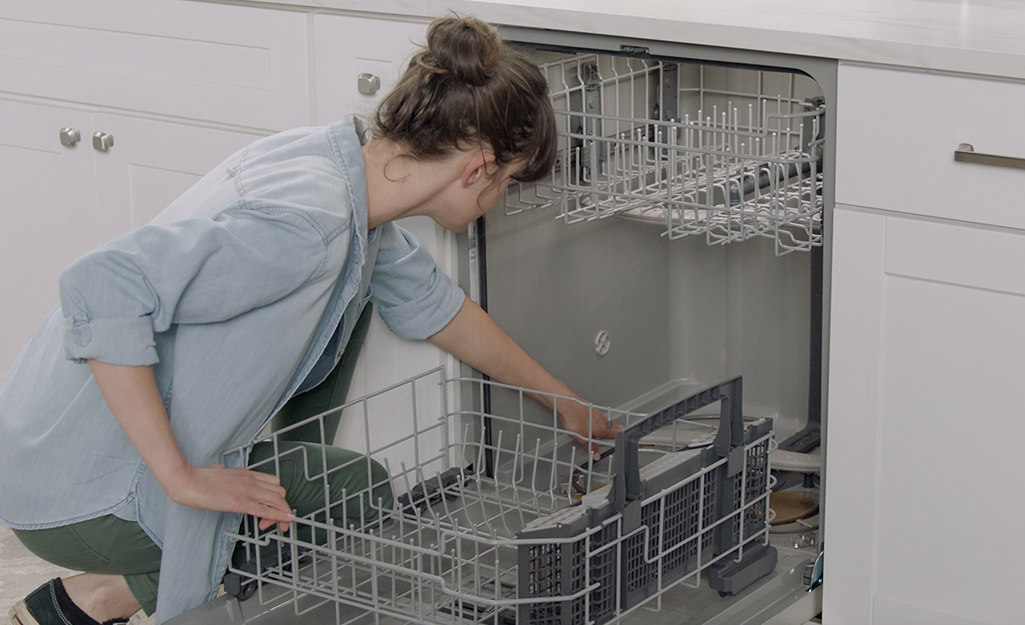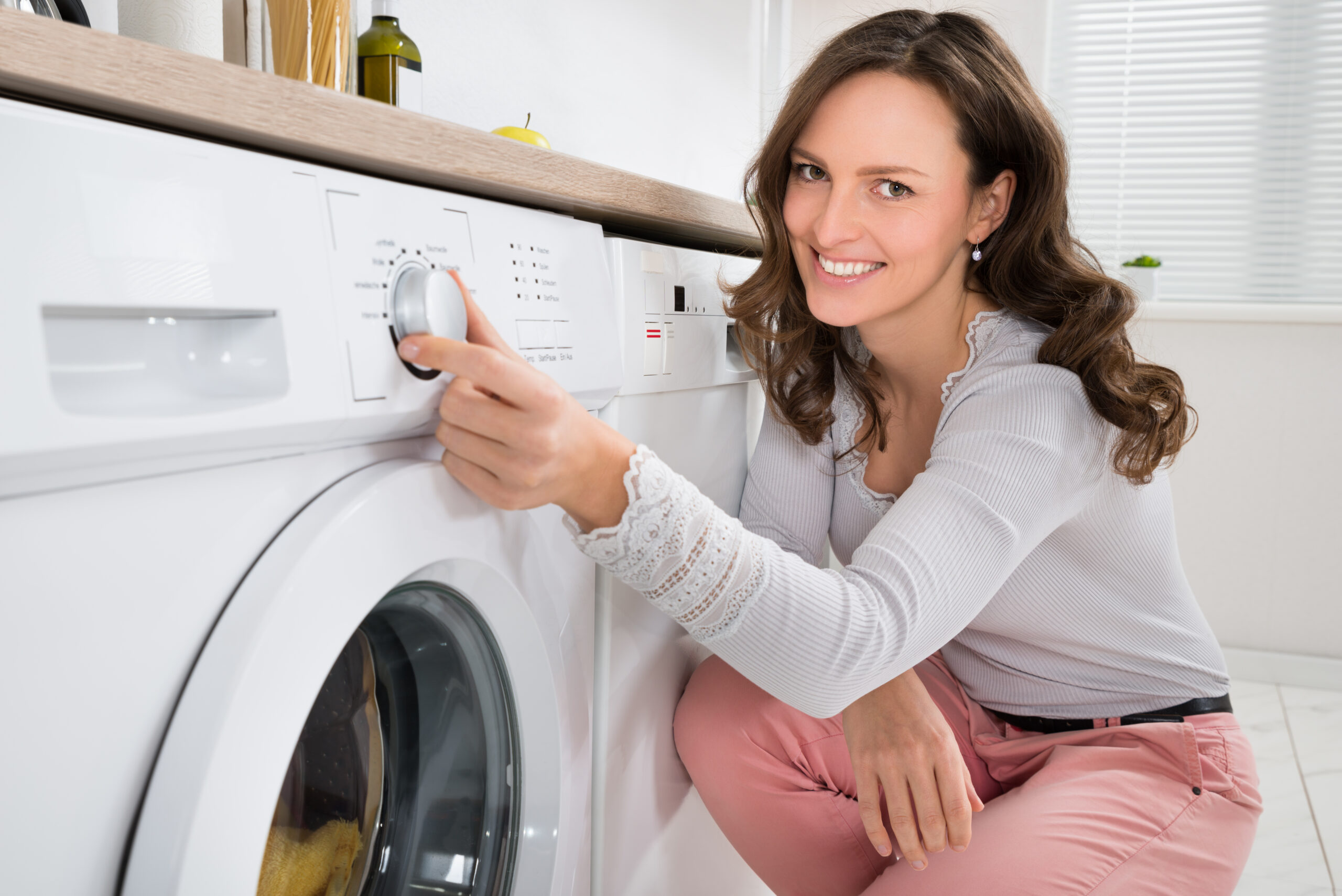They are making a number of great annotation regarding Common Dishwasher Problems in general in the article following next.

Having your dish washer malfunction or malfunction can be a big deal and also trigger some discomfort in the house. Dishwashing machines are devices that we use to tidy meals as well as cutleries instantly to save us the stress and anxiety of by hand doing it.
Like every other device that reduces human effort, dish washers can break down as well as develop some mistake at some point in time. There are numerous mistakes your dishwasher can establish, as well as while some of them can be fixed by changing some parts or repairing them, other extra serious issues will call for that you obtain a new dish washer.
This short article will certainly identify a couple of usual faults your dish washer could create to hinder its general performance as well as just how these faults can be addressed.
Common Mistakes
Usual dishwashing machine mistakes could vary from small to major ones. Relying on the extent, you will either require the services of expert plumbing professionals to repair or change it.
Some of the most usual faults include:
Leaking Dish washer
This is probably one of the most day-to-day dishwasher problem, as well as the bright side is that it is very easy to recognize. Leakages occur because of numerous reasons, and the leakages can ruin your kitchen. Common root causes of dishwashing machine leakages include;
Bad-Smelling Dish washer
This is an additional usual dish washer trouble, and also it is generally triggered by food debris or grease lingering in the machine. In this case, look for these fragments, take them out and also do the recipes without any dishes inside the machine. Clean the filter extensively. That will certainly assist do away with the poor smell. Ensure that you remove every food fragment from your recipes prior to transferring it to the machine in the future.
Inability to Drain pipes
Often you might discover a large quantity of water left in your bathtub after a laundry. That is probably a drainage trouble. You can either inspect the drain hose for damages or clogs. When unsure, get in touch with a professional to have it examined as well as fixed.
Does unclean appropriately
If your meals and flatwares appear of the dishwasher and also still look filthy or unclean, your spray arms might be a trouble. Oftentimes, the spray arms can obtain blocked, and it will certainly need a quick tidy or a replacement to function successfully again.
Conclusion
A few of these common dish washer faults can be fixed conveniently in your home, yet sometimes, the faults could be massive and might need the attention of experts. If you live in Rochester, Syracuse, as well as various other parts of America, let the specialists correctly detect what could be wrong with your dish washer as well as extend a service.
We additionally set up dishwashing machines if you simply got a brand-new one or intend to change your own. With our several years of experience in the sector, we make sure to offer you the very best feasible services.
8 Most Common Dishwasher Problems & How to Fix Them
My Dishwasher Isn't Draining
If your dishwasher isn't draining properly, you may be having an issue with your dishwasher's drainage system. This can be caused by a variety of issues:
Clogged drain: The dishwasher's drain may be clogged with food particles or other debris. Malfunctioning pump: The dishwasher's pump is responsible for moving water through the system and out of the drain. If it's damaged or not working correctly, it could cause a drainage failure. Broken or clogged hose: The dishwasher's drain hose may be broken or clogged, causing water to back up in the system. How to Fix Dishwasher Not Draining
Check the drain for any blockages. A clogged or kinked hose will prevent water from properly draining out of the dishwasher. Use a plunger or a pipe snake to clear any debris that may be blocking the drain. Check the dishwasher's pump for damage or malfunction. Consult the manufacturer's manual or call a professional appliance repair service if you think the pump may be the issue. Check the drain hose for any damage or blockages. The hose should be straight and free of any debris or kinks. Check the drain pump filters for any blockages if the hose is clear, but the dishwasher is still not draining. Some dishwashers have filters that can become clogged with food particles or debris. Cleaning or replacing the filters may help resolve the issue. Run a dishwasher cycle to make sure the water is properly draining out. My Dishwasher Is Leaking
A leaking dishwasher can be frustrating. There are a few possible causes that you can investigate to try and diagnose the issue:
Inspect the dishwasher for any visible signs of damage or wear and tear. Look for cracks or holes in the door and around the rubber seal. Check the hoses and pipes connected to the dishwasher for any signs of leaking. If there is no visible damage, you may hear the sound of water dripping or the sound of the water pump running. This might mean a problem with the water inlet valve or the drain pump. You may also notice a puddle of water on the floor near the dishwasher. This could indicate a blocked drain hose or a faulty drain pump. Finally, check the seals around the door and the door for any signs of damage, wear and tear, or improper installation. If any of these issues are present, they must be fixed immediately to avoid further water damage. How to Fix a Leaky Dishwasher
Identify where the leak is coming from. The most common places for a dishwasher to leak include the door, hoses, and pump. If the leak is coming from the door, the gasket or seal may need to be replaced. If the leak is from the hose or pump, the damaged parts should be replaced with new ones. Finally, check all the connections and make sure they are secure and not leaking How to Fix a Dishwasher That Won't Start
The perfect remedy for a dishwasher that won't start is confirming all the components are in perfect working order and that the wiring is in good condition. Next, inspect the motor and replace it if necessary.
If these steps do not resolve the problem, contact a professional appliance repair technician to diagnose and fix the issue.
Conclusion
Most dishwashers are reliable appliances with a long lifespan. As with all devices, checking your dishwasher regularly will help you quickly identify any issues and ensure that it is running efficiently.
And if you're in the market for a new dishwasher, don't let dishwasher problems ruin your day. Upgrade to a reliable, efficient model today! Check out our full selection of top-quality dishwashers that includes a range of styles and features to suit any budget and household needs.
https://www.coastappliances.ca/blogs/learn/common-dishwasher-problems

I stumbled upon that review about Why is My Dishwasher Not Cleaning Properly? when doing a lookup on the search engines. So long as you liked our page please remember to share it. Thank you so much for your time spent reading it.
Click Here